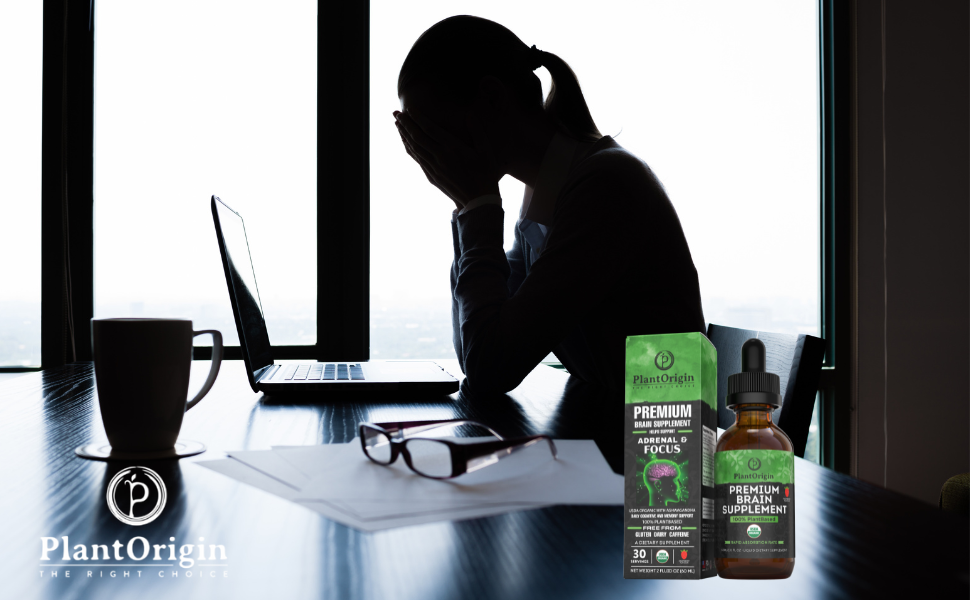WHAT ARE STRESSORS? MANAGING STRESSORS EFFECTIVELY IS CRUCIAL FOR LEADING A STRESS-FREE LIFE!

WHAT ARE STRESSORS? MANAGING STRESSORS EFFECTIVELY IS CRUCIAL FOR LEADING A STRESS-FREE LIFE!
In today’s fast-paced and demanding world, stress has become an unwelcome companion for many individuals. It’s crucial to recognize the sources of stress, known as stressors, and their impact on our well-being. By understanding and managing these stressors effectively, we can pave the way for a more stress-free and fulfilling life. So, let’s dive into the fascinating world of stressors and discover the keys to unlocking a stress-free existence.
WHAT ARE STRESSORS?
Stressors are stimuli or situations that trigger the stress response in our bodies. They can be external factors, such as work deadlines, financial pressures, or relationship conflicts, as well as internal factors, including self-imposed expectations, perfectionism, or negative self-talk. Stressors vary from person to person, as what may be stressful for one individual may not be the same for another. Identifying our unique stressors is the first step towards managing and mitigating their impact.
TYPES OF STRESSORS
Stressors can be classified into different categories based on their nature and origin. Here are some common types of stressors:
Environmental Stressors:
These stressors arise from our physical surroundings. Examples include noise pollution, overcrowding, uncomfortable temperatures, or exposure to natural disasters. Our environment plays a significant role in our well-being, and creating a harmonious and peaceful space can help reduce environmental stressors.
Social Stressors:
These stressors stem from our interactions and relationships with others. They can include conflicts with family members, difficulties in romantic relationships, or workplace dynamics. Developing effective communication skills, setting boundaries, and seeking support from trusted individuals can help manage social stressors.
Psychological Stressors:
These stressors are related to our thoughts, emotions, and beliefs. Common psychological stressors include self-doubt, fear of failure, excessive worry, or negative thinking patterns. Developing emotional resilience, practicing mindfulness, and engaging in positive self-talk are effective strategies to combat psychological stressors.
Physiological Stressors:
These stressors are related to the physical demands placed on our bodies. Lack of sleep, poor nutrition, sedentary lifestyle, or chronic health conditions can all contribute to physiological stress. Prioritizing self-care, adopting healthy lifestyle habits, and seeking appropriate medical care are crucial for managing physiological stressors.
MANAGING STRESSORS FOR A STRESS-FREE LIFE
While it may be challenging to completely eliminate stressors from our lives, we can adopt strategies to manage them effectively and lead a stress-free existence. Here are some key approaches to consider:
Identify and Prioritize:
Begin by identifying your stressors. What situations, activities, or people trigger stress in your life? Once identified, prioritize the stressors based on their impact on your well-being and address them one at a time. This approach helps prevent overwhelm and provides a clear direction for stress management.
Develop Coping Mechanisms:
Cultivating effective coping mechanisms is essential for dealing with stressors. These can include relaxation techniques like deep breathing exercises, meditation, or engaging in hobbies that bring joy and peace. Experiment with different strategies to find what works best for you.
Time Management:
Effective time management can significantly reduce stress. Plan your activities, set realistic goals, and allocate time for rest and rejuvenation. Avoid overcommitting and learn to say no when necessary. Prioritizing tasks and breaking them down into smaller, manageable steps can also alleviate stress.
Build a Support System:
Surround yourself with a supportive network of friends, family, or professionals who can offer guidance and encouragement. Sharing your feelings and experiences with trusted individuals can provide a fresh perspective and emotional support during challenging times.
Practice Self-Care:
Taking care of yourself is paramount for managing stress. Prioritize adequate sleep, maintain a balanced diet, and engage in regular physical activity. Self-care activities, such as indulging in hobbies, practicing mindfulness, or seeking professional therapy, are crucial for maintaining emotional well-being.
Adjust Mindset:
Our mindset greatly influences our experience of stress. Adopting a growth mindset, embracing imperfections, and reframing challenges as opportunities for growth can help reduce stress. Replace negative self-talk with positive affirmations and practice self-compassion.
Seek Professional Help:
If stress becomes overwhelming and begins to significantly impact your daily life, don’t hesitate to seek professional help. Mental health professionals can provide valuable guidance, therapy, and strategies tailored to your specific needs.
Remember, leading a stress-free life does not mean eliminating stress altogether. Rather, it involves understanding and managing stressors effectively, building resilience, and nurturing a positive mindset. By implementing these strategies, you can create a more balanced and fulfilling life, where stress no longer dominates your well-being.
In conclusion, stressors are an inevitable part of life, but they need not rule our existence. By recognizing the different types of stressors, understanding their impact, and implementing effective stress management techniques, we can navigate life’s challenges with greater ease and embrace a more stress-free and rewarding journey. So, let’s take charge, prioritize self-care, and embark on the path to a stress-free life today!
PlantOrigin Premium Brain Supplement made in USA, is 100% plant based, vegan & USDA certified organic. Along with managing stressors and reducing stress, enhance your cognitive abilities and improve focus & memory.
THE RIGHT CHOICE
